Tips for looking after a turbocharged car seem to be more and more sought after these days.
That’s hardly a surprise. As part of the overall global push for automotive efficiency, turbocharging has become almost synonymous with modern engine design. There are far more cars on the road carrying turbos under the bonnet than there used to be.
This has led to a proliferation of articles and videos that give advice on how to care for your turbocharged car, giving tips from warming up and cooling down your engine before and after you drive, to ensuring you use the correct octane fuel, being careful on the throttle and making sure you select the correct gear. Failure to do so, they warn, can damage your turbo and engine.
But the vast majority of people aren't perusing sites such as this one for advice on turbo care. So what are manufacturers doing about it? Will failure to follow this advice really cause damage to modern cars, or are all these tips outdated with the rise of modern technology?
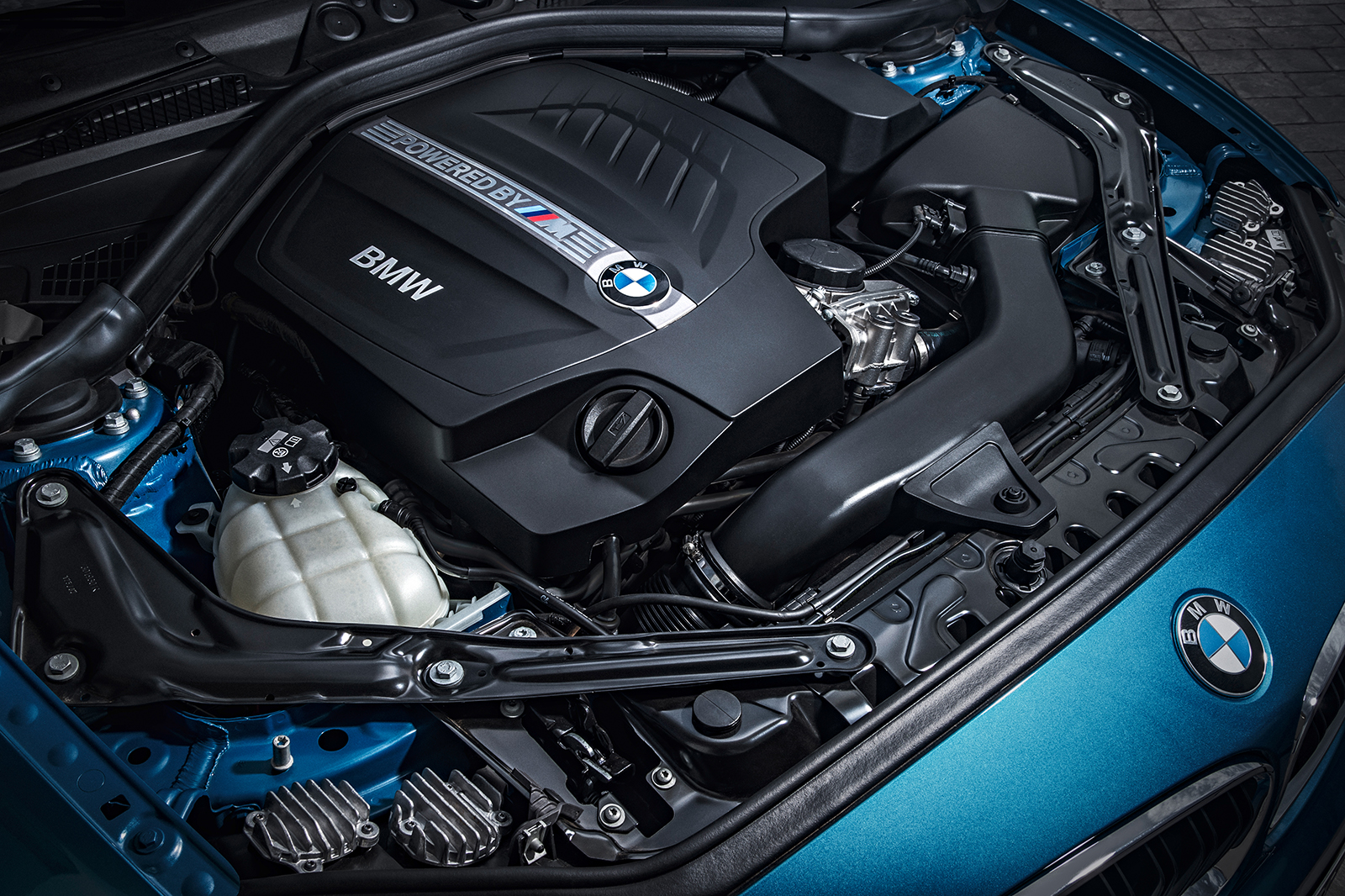
The general consensus from manufacturers is that modern cars are tested to such extremes that there’s not much you could do to a new turbocharged engine that would cause any problems. For older cars, many of the tips given above are true, but today, software systems are such that they neutralise any driver input that could start shredding internals under the bonnet.
“Historically, we would provide advice on turbo cars,” said a spokeswoman from BMW. “However, we no longer suggest specific tips to our customers who drive these cars.”
Audi’s spokesman agreed, albeit more cautiously. “Contemporary turbocharged Audi engines don’t require the special precautions or operating procedures that were necessary for older units,” he said. “But we do of course recommend that owners observe the general guidelines for minimisation of wear and tear, and also of emissions, which are essentially applicable to all engines.”
Such guidelines generally be summed up as “look after your car properly”. Although technology has come a long way, cars are still complicated bits of machinery with complex mechanical components, and they need regular maintenance and TLC. The details of this will be listed in the car’s manual, but the basics involve sticking to the recommended service intervals and checking and replacing fluids as necessary.
But when it comes to turbos specifically, there’s not much to worry about, as Citroen’s parts and service UK technical operations manager, Ian Sedgwick, explains.
“There has been a lot of advances in engine management technology and turbochargers over the years. THP performance engines are fitted with separate cooling systems to help heat soak, so there’s no need to leave engines idling to dissipate heat – the system automatically operates when the vehicle is switched off. Electronically controlled turbos help control loading on the engine and turbo, so can better manage driving style and power demands.”

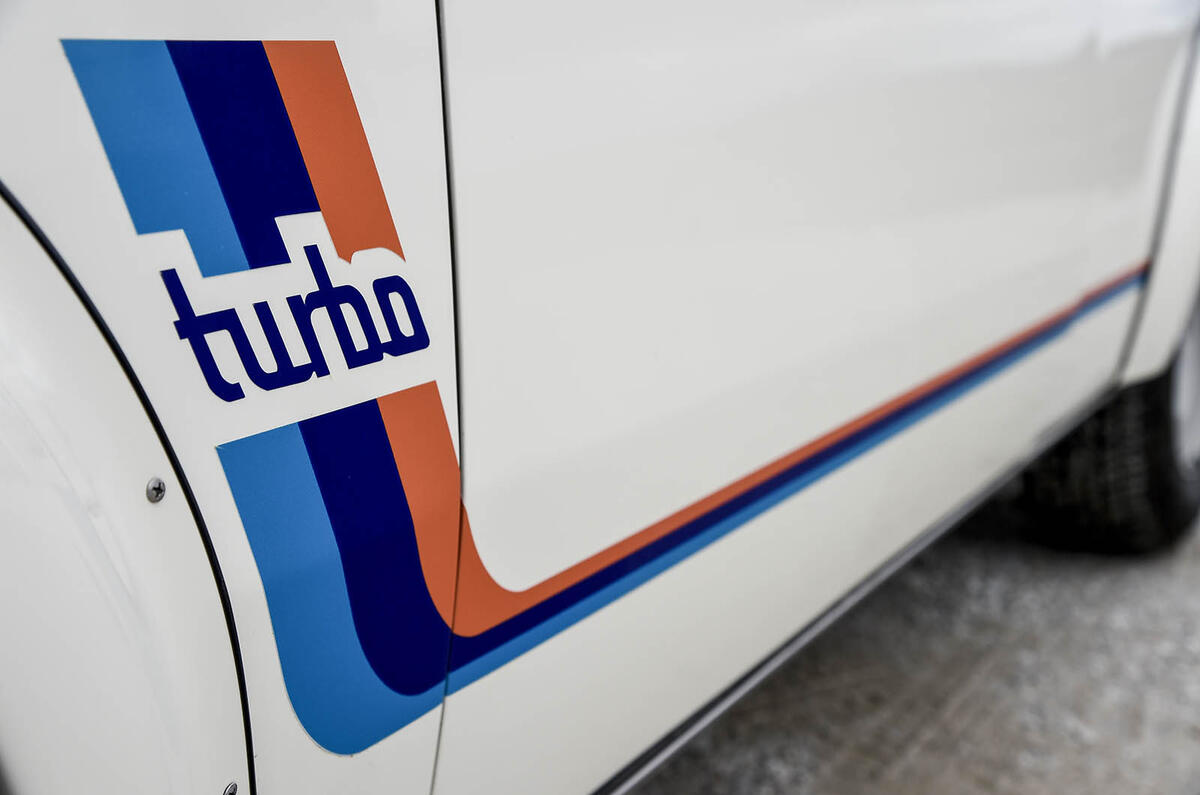
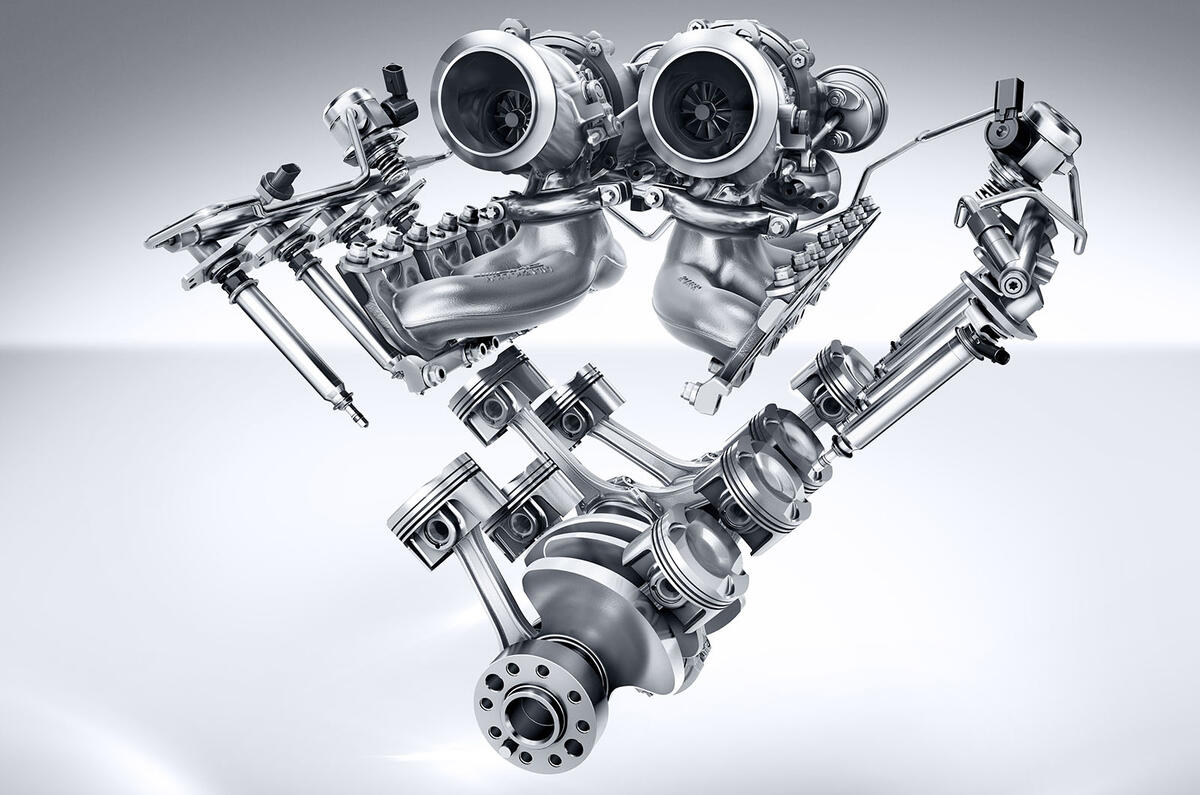

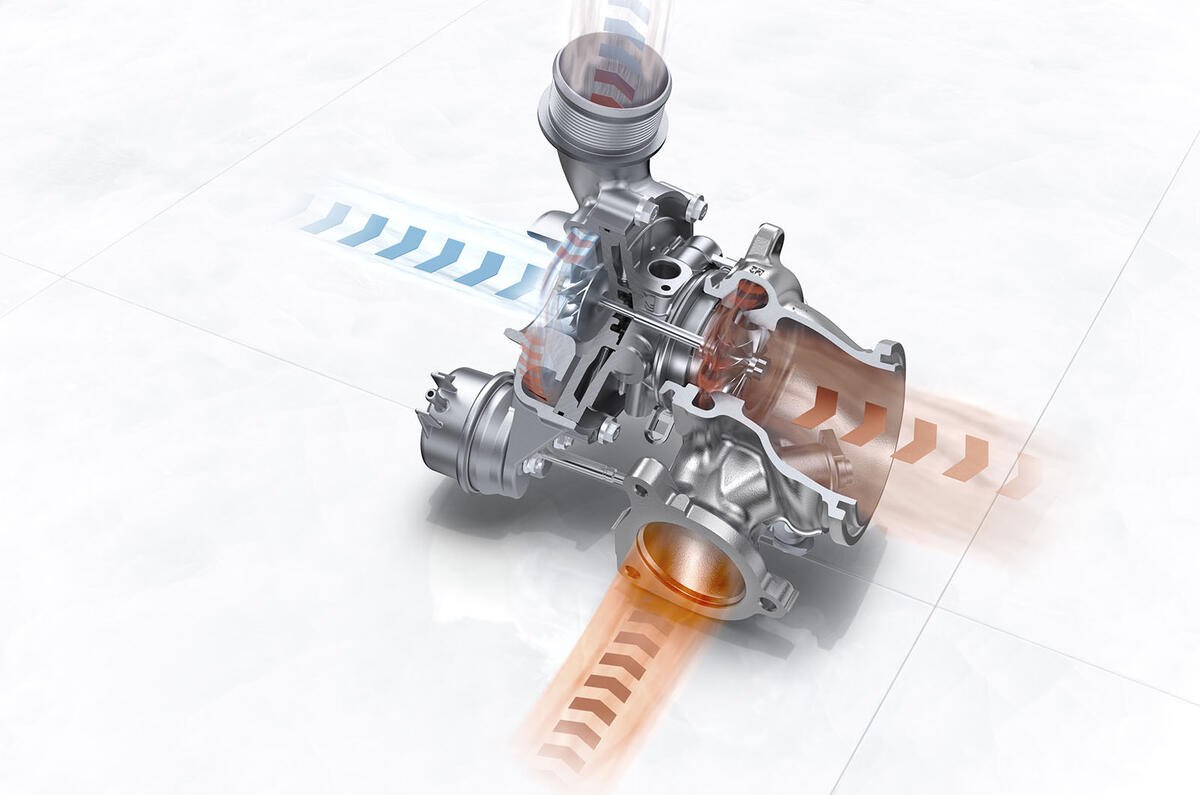
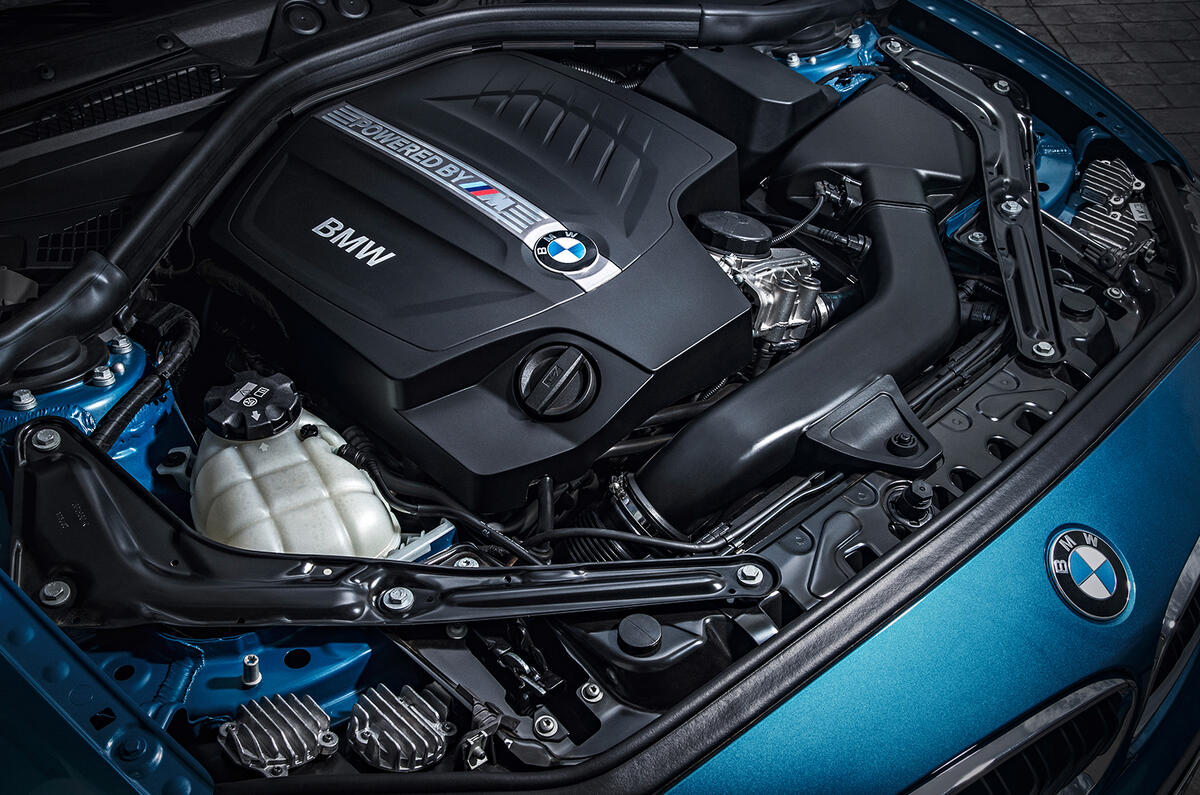
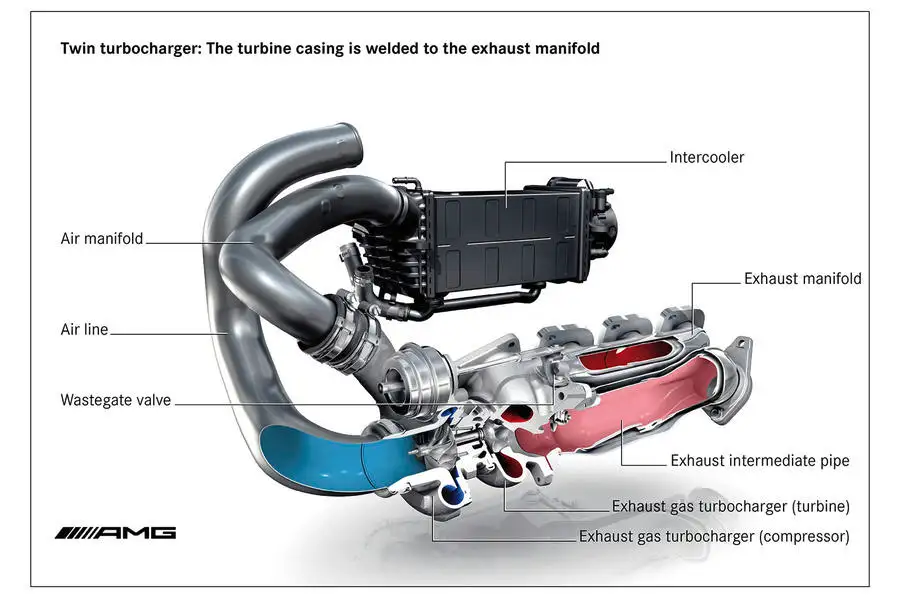


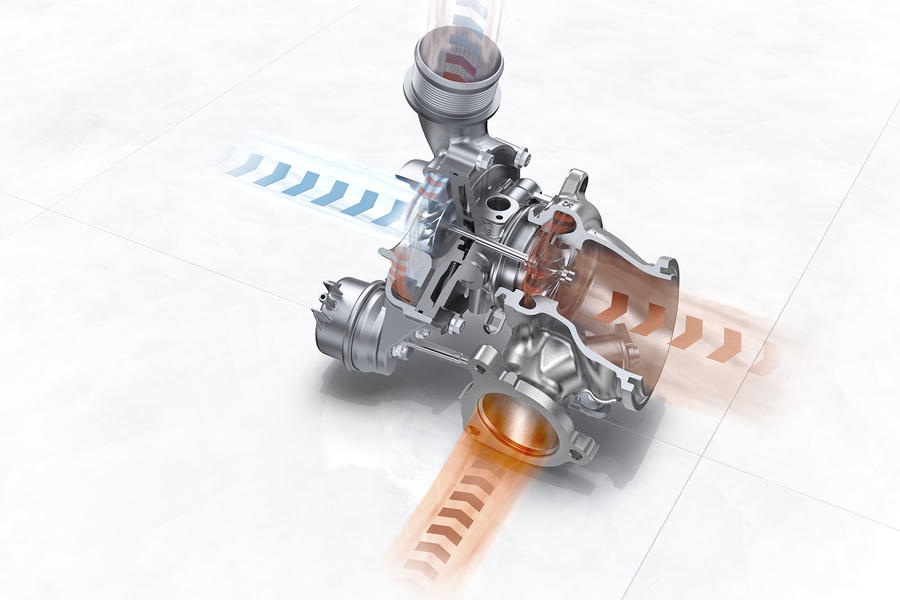

Join the debate
Will86
Mechanical sympathy
jerry99
Turbo car mileage expectancy
It used to be thought that a simple petrol engine car with regular oil changes and good quality antifreeze would readily reach 200,000 miles without major work and 1990s diesels were similarly well regarded. Today its relatively rare to hear of such a mileage being attained - unless its a taxi, where regular maintenance is mandated by extra testing.
xxxx
Point 2
289
Turbo advice
There are modern day Turbo cars blowing, and in some cases ingesting the turbo parts totalling the engine, on a regular basis....ask any independent service centre.
Some current diesel turbo's from PSA rarely manage to get past 60k miles.
At least with the old Turbo cars you just had the expense of changing the Turbo....not an entire engine!
pauldodson
Turbocharger
Day by day we have found some revolutionary changes in the automobile world, which includes electric or hybrid cars, driverless cars, turbocharger cars, and many others. It seems like the face of automobile world changing rapidly, but the only thing that never changes in these years is the repair and maintenance. We definitely need some professional help to look after our car, doesn't matter from what category it belongs to. I would like to take some quick lesson from here to take care of my turbocharger car. Thanks for highlighting such important parts.
Zeddy
Low Speed Pre-Ignition
Just how much is this a problem for the smaller direct injection engines?
https://www.motor.com/magazine-summary/resolving-low-speed-pre-ignition/
centenary
There's a mobile ECU
There's a mobile ECU remapper near me who is all over farcebook showing the client's cars, vans and caravans he has 're mapped.' All these little stories abound with his comments 'x% more bhp, x% more torque' blah, blah, blah. Many of these vehicles are still supposedly within warranty or over 5 years old so probably not benefiting from the technology mentioned here. One can only wonder at the damage he and the owners are unwittingly committing to their vehicles.
Luap
Remember!!
Its not forced induction if its taken willingly.
JnrMofo
Turbo lag a thing of the past...
I drove a Renault Captur 0.9 turbo hire car on holiday and it had severe turbo lag! In pokey Spanish villages it could be quite scary if you were too heavy with the right foot.
Speedraser
Quarter-million miles +
I have an '83 Saab 900 Turbo -- my first new car. I've driven it 266,000 miles. It still has its ORIGINAL turbocharger. It runs beautifully, and uses no oil in the 2500 - 3000 miles between changes. Its always been driven hard, but warmed up gently, and I let it idle for 30 seconds to a minute before I shut it off. Wonderful car, and clearly durable.
Pages
Add your comment